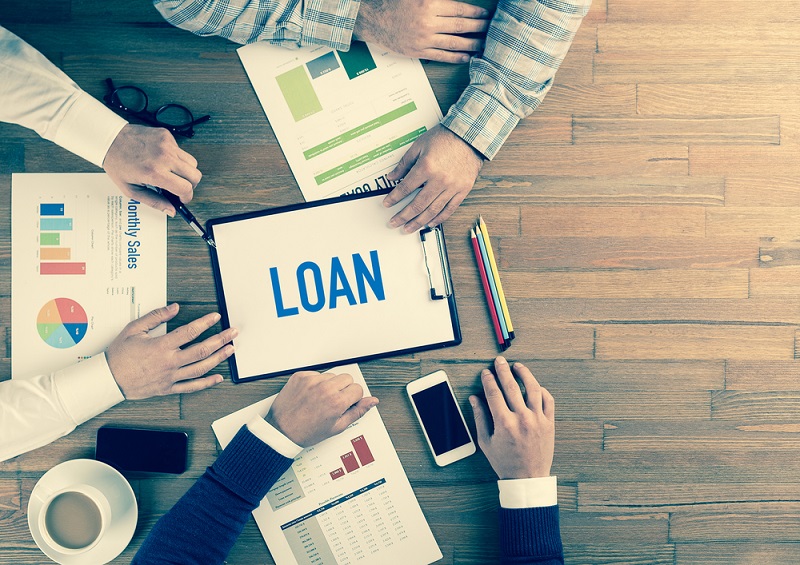Introduction to Personal Loans Individuals seeking to fund a variety of expenses, including home improvements and unexpected medical costs, may find personal loans to be a useful financial tool. First-time borrowers can make better financial decisions if they are aware of how personal loans work and the factors involved. The goal of this comprehensive guide is to provide a comprehensive overview of personal loans, including information on the various types that are available, how to apply for one, managing repayment, and important considerations for people who are new to borrowing money. By the end of this guide, readers will be able to confidently navigate the personal loan industry.
Table of Contents
Prologue to Individual Advances
Individual credits are a flexible monetary instrument that can assist you with accomplishing different objectives, from subsidizing a home redesign to merging obligation. Money Lender offer borrowers a lump sum of money that must be repaid with interest over a predetermined time period.
What exactly are personal loans?
A personal loan is a type of installment loan from a bank or other online lender that lets you borrow a specific amount of money. Personal loans, in contrast to mortgages and auto loans, typically do not require collateral.
Why do individuals apply for personal loans?
Personal loans are often taken out by people to pay for big expenses like medical bills, home repairs, or unforeseen emergencies. Consolidating high-interest debt, making major purchases, or funding a special occasion like a wedding or vacation are all possible uses for personal loans.
Understanding the various types of personal loans available to borrowers is essential when considering one.
Personal Loans: Secured vs. Unsecured Secured personal loans require collateral, like a car or savings account, to secure the loan. On the other hand, unsecured personal loans do not require collateral and may have higher interest rates.
Compared to personal loans with variable rates, fixed-rate loans offer predictable monthly payments because the interest rate stays the same over the course of the loan. The interest rates on personal loans with variable rates can change based on market conditions, which could cause payments to change.
How Personal Loans Works?

The Loan Application Process: When you apply for a personal loan, you will need to give the lender information about yourself and your finances. This includes information about your credit history, employment status, and income. This information will be used by the lender to determine your loan eligibility and terms.
Understanding Interest Rates and Fees: The total cost of a personal loan is significantly influenced by interest rates and fees. Your credit score and the length of the loan are two things that can influence interest rates. Furthermore, banks might charge start expenses, late installment expenses, or prepayment punishments, so it’s vital for audit the credit terms cautiously.
Amount of loan you need: Decide the amount you can sensibly bear to get and reimburse every month. Evaluate what is happening, including pay, expenses, and existing obligation, to guarantee taking out an individual credit lines up with your monetary objectives.
Comparing Loan Offers from Different Lenders: To Find the Best Terms and Rates for Your Needs, Shop Around and Compare Loan Offers from Different Lenders Before making a decision, look at more than just interest rates. Consider repayment terms, fees, customer service, and the reputation of the lender.
Personal Loans: Commonly Asked Questions
Q: Can a personal loan be used for anything?
A: Yes, personal loans can typically be used for a variety of things, like consolidating debt, improving one’s home, paying for medical bills, or even financing a wedding or vacation.
Q: How are personal loan interest rates determined by lenders?
A: When determining the interest rate for a personal loan, lenders take into account your income, employment history, credit score, and loan amount. A higher FICO assessment and stable pay might bring about a lower financing cost.
Q: What distinguishes an unsecured personal loan from a secured one?
A: A car or savings account can serve as collateral for a secured personal loan. An unsecured personal loan, on the other hand, doesn’t need any collateral and may have higher interest rates as a result.

Alex is fascinated with “understanding” people. It’s actually what drives everything he does. He believes in a thoughtful exploration of how you shape your thoughts, experience of the world.



